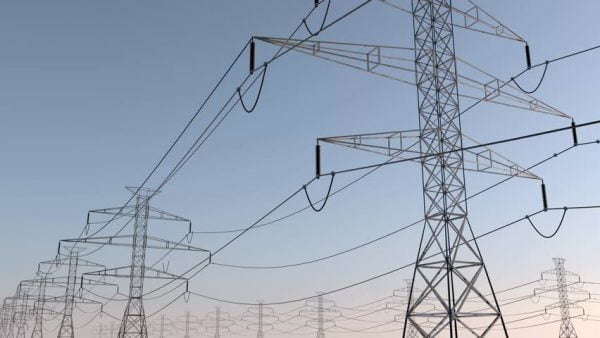The government has opened up the Gwayi Coal-Electricity Integration Project to new investors amid revelations that the Chinese investor, the Yunnan Linkun Investment Group, has failed to move funds from China because of an unpaid Sinosure debt.
The project, China Africa Sunlight (CASECO), is a joint venture between the Ministry of Defence’s Old Stone Investments and Yunnan Linkun. The joint venture has failed to take off since 2015 due to an unpaid US$60m Sinosure debt by the Chinese government.
Sinosure is a state-funded policy-oriented insurance company established and supported by the Chinese government to promote foreign economic and trade development and cooperation.
The failure by the Chinese investor to move funds from the China Import and Export Bank (China Exim) left Zimbabwe with no option but to look for alternative funders who have no problems in moving funds to Zimbabwe.
A new investor will make it a three-shareholder agreement, which will mean a dilution or a complete exit of the Chinese investor from the deal. Four investors of Middle Eastern, African, and Australian origins have since been identified, Business Times was told.
The head of the Ministry of Defence’s Department of Economic Development, Brigadier General Chris Mupande, told Business Times that the project had had challenges but current efforts would bring it to fruition. The project requires about US$2bn to take off.
“The current Chinese investor has failed to move funds from Chinese banks because they need insurance from Sinosure. That means we have had to look for other alternative investors,” Mupande said.
“So the government is in discussions with four potential investors and this means we are likely to have three shareholders on the project or a dilution. But the arrangement at the moment is to make sure the project takes off, considering the potential that it possesses.
“There are many possibilities around this project considering that there is coal mining to be done, together with coal-bed methane gas. This project is the future of Zimbabwe as it is an integrated project on both power generation and mining.”
Mupande said the CASECO project would culminate in the construction of multi-million dollar cement and fertiliser manufacturing facilities, which would bring a dramatic change in the Gwayi landscape.
The coming in of Yunnan Linkun followed the termination of a joint venture between Old Stone Investments, local shareholders in the China Africa Sunlight, and Shandong Taishan Sunlight Investment Company Limited, the initial partners in the project.
Shandong Taishan, which was supposed to mobilise the funding needed for the project, has failed to raise the money, resulting in the termination of the joint venture.
The project, already granted National Project Status by the government, will result in the setting up of coal mines and the construction of a 600MW thermal power station.
Zimbabwe is currently grappling with severe power shortages worsened by significant reduction in generation capacity at the country’s two main power stations, Kariba and Hwange.
Low water levels at Kariba have seen capacity dropping to around 200MW, while production at Hwange Thermal Power Station, the largest in the country, has also declined due to recurrent breakdowns_Business Times




